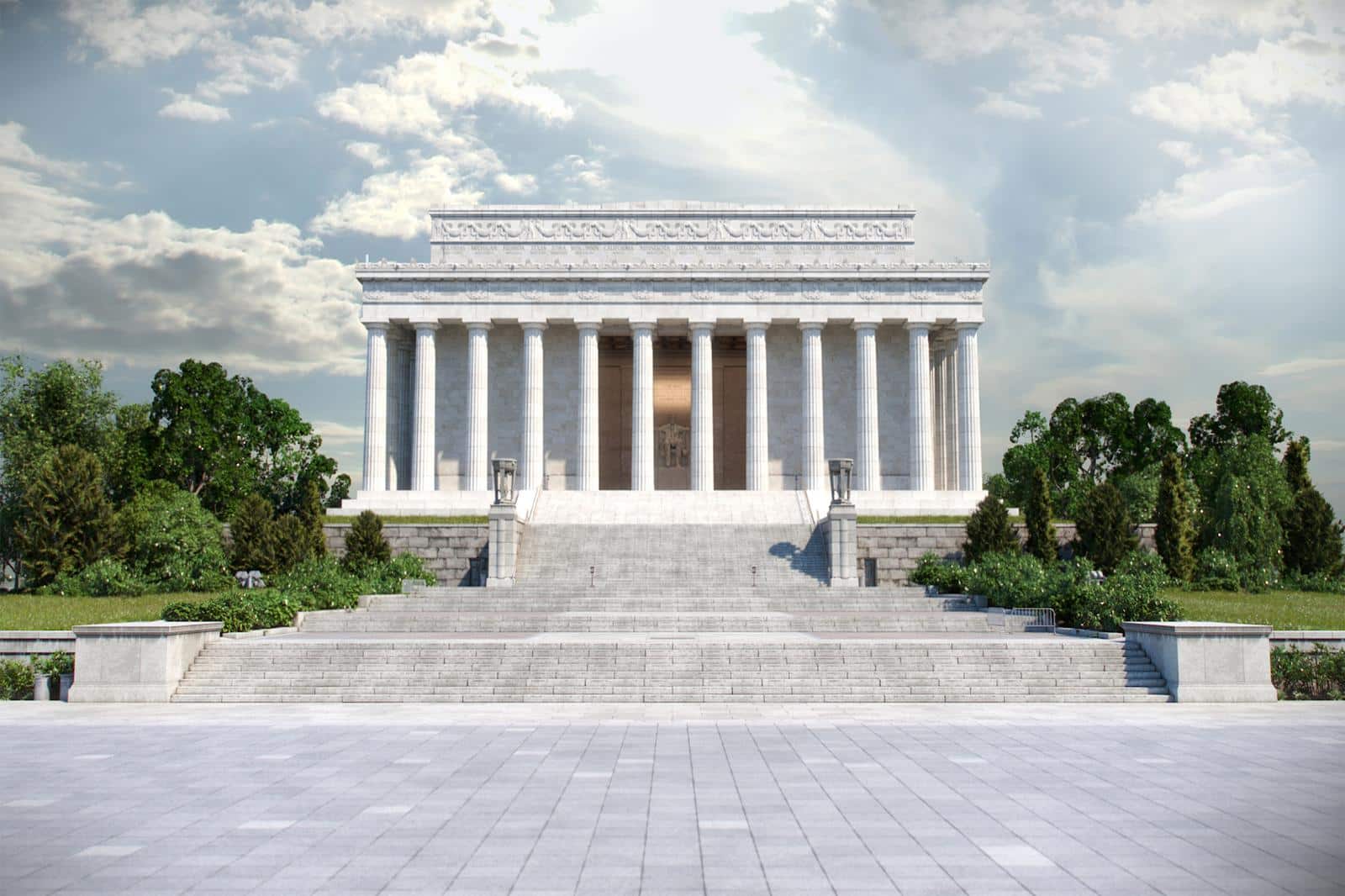Electoral College
The American process for electing presidents is, at its heart, a federalist one. There is no centralized national popular vote for United States president.…
This encyclopedia provides a comprehensive reference explaining the major concepts, institutions, court cases, epochs, personalities, and policies that have shaped, or been shaped by, American federalism. It describes federalism’s creation and evolution, and its influence on local, state, and national governmental institutions, procedures, and policies. The models used to explain the various historical eras in the development of federalism are also included. Originally published by Greenwood Press in 2005, this encyclopedia contained over 400 entries relating to American federalism. In its current online form, entries are being added and old ones updated. See more…

The American process for electing presidents is, at its heart, a federalist one. There is no centralized national popular vote for United States president.…
See Nationalization of the Bill of Rights.
Admiral Dewey Adamson was convicted of first-degree murder by the State of California and sentenced to death. During the course of his trial, the…
Among the founders who were serious students of politics, none wrote less about federalism than John Adams (1735–1826). In his major political treatise, the…
“Abstention” in the American legal culture occurs when a federal court abstains from exercising jurisdiction in either of two circumstances. First, a federal court…
JOSEPH R. MARBACH is currently Chair and Associate Professor in the Department of Political Science at Seton Hall University. His areas of expertise include…
Abortion is the termination of a pregnancy prior to birth, resulting in the destruction of the fetus. Such termination may arise from spontaneous abortion…
456 to 468
|
481 Results
The Center for the Study of Federalism (CSF) is a nonpartisan, interdisciplinary research and education institution dedicated to supporting and advancing scholarship and public understanding of federal theories, principles, institutions, and processes as practical means of organizing power in free societies.
All of the CSF Fellows hold advanced degrees, are affiliated with academic institutions, and are scholarly experts in their fields. For more on each Fellow see CSF Fellows.
Most political and public issues in the United States are influenced to some extent by its federal system. Yet many do not understand that system. The CSF website seeks to foster a better understanding among the general public and scholars of federal governing systems generally and, specifically, of the federal system of government in the United States of America.
The CSF materials are free to use for educational purposes. If published, please acknowledge CSF as the source. If you intend to use these materials for profit, please, contact the Center for the Study of Federalism for permission. Some materials on the website are not owned by CSF and permission to use those materials should be sought with those holding legal title to the material.
Click here to sign-up to receive notifications about CSF materials and events. We will not share your email with any outside organizations or individuals.
Please direct all questions and comments related to this website, and inquiries about the research and teaching grants and awards, to us here. Remember CSF is a nonpartisan, interdisciplinary research and education institution.